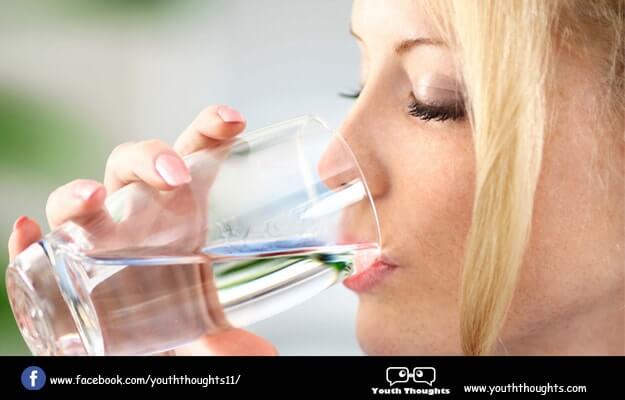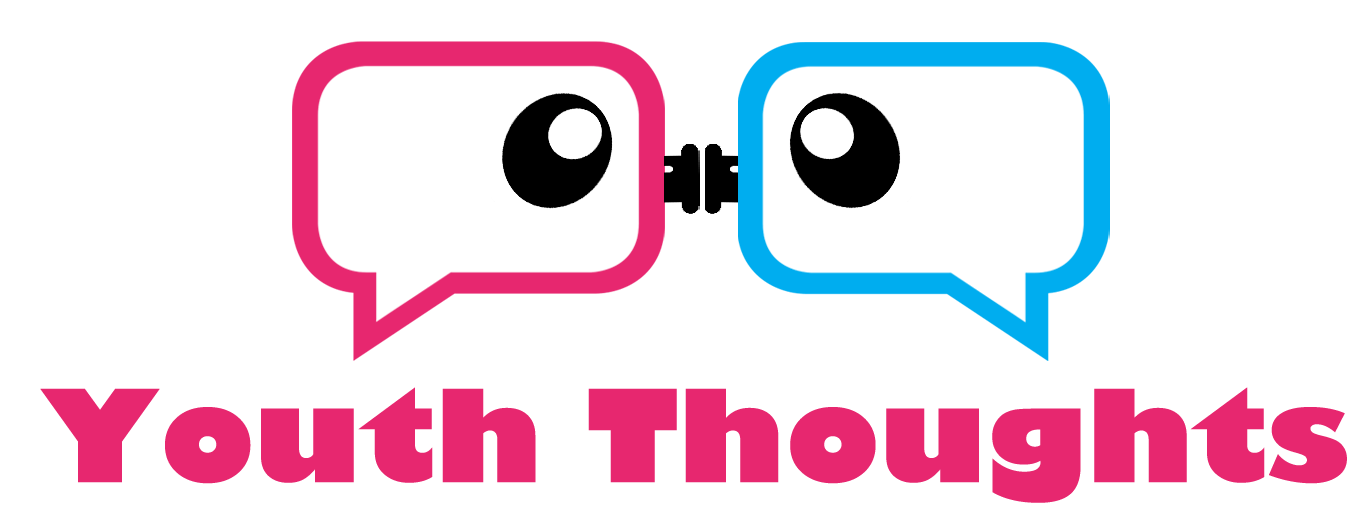
Next Vice President Of India
August 5, 2017
Push Yourself Out Of Your Comfort Zone
August 9, 20175 Eatables That Dehydrate You

1. Coffee
Coffee (and caffeinated tea) is a diuretic (it makes you urinate more intermittently) and caffeine increases dehydration. This can be seen when your caffeine intake exceeds 500 milligrams a day or five cups of coffee. So if you are taking coffee more than two cups, drink more water to prevent dehydration.
2. Alcohol
Alcohol is also a natural diuretic and urge to use the washroom again and again. After consuming alcohol at night, you end up dehydrated, which causes a headache the next day. Alcohol consumes water from cells and responsible for the energy loss.
3. Asparagus (and Other Veggies)
Amino acid present in vegetables called asparagine and it has diuretic effects. Asparagus transforms the odor of urine and rints into dehydration. Eating asparagus with other veggies don’t dehydrate your body as other has water as the main component.
4. High-Protein Intake
If you’re taking high-protein diet, you may end up lastly dehydrated if you don’t consume more water. The body requires more water for metabolism and compensate the water lost from the cells.
5. Salty Foods and Sugary Drinks
Salty foods raise fluid loss in the body as water is required to decreases all the extra sodium naturally present in salt. A sugary drink can seem refreshing at starting. However, drinks with high-sugar amount can exceed water loss and results in dehydration.

